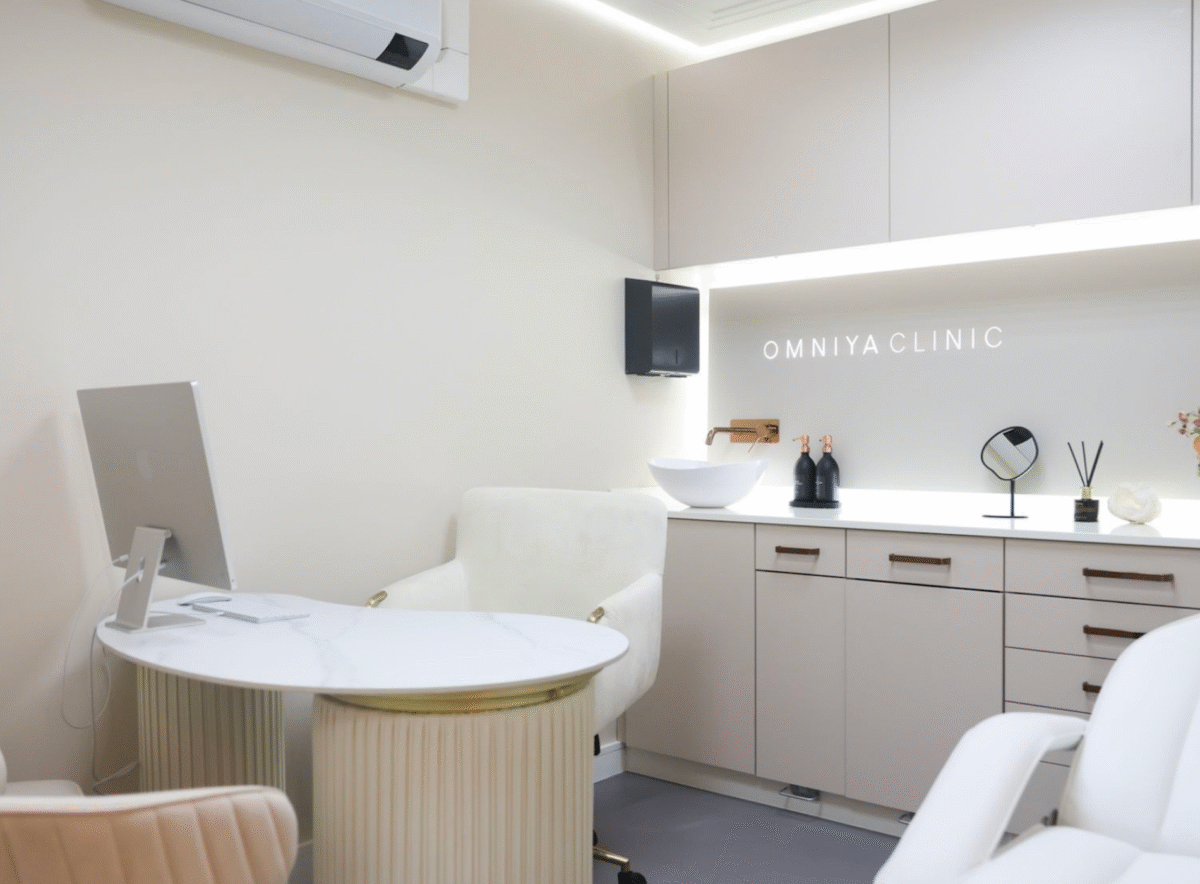There are several factors that influence how quickly you may begin to feel the effects and benefits of testosterone replacement therapy (TRT). These include your current hormone levels at the time of starting treatment, your overall lifestyle, and the specific type of medication prescribed. Common options include Nebido, Sustanon, Testogel, Tostran, and Pregnyl/Gonasi (HCG), each of which has a different absorption rate and onset of action.
Most patients begin to notice results within 3 to 8 weeks, although this can vary from person to person. Your lifestyle, including sleep, nutrition, exercise, and stress levels can all impact the speed and extent of results, and this will be discussed in detail during your consultation.
For detailed information, please read our post on “When will TRT start working”
To experience the full benefits of TRT, it’s important to maintain a healthy and balanced lifestyle alongside the prescribed treatment. With consistent use and the right approach, many patients report improved libido, better sleep, enhanced mental clarity, and a noticeable increase in energy.
If you’re considering TRT and would like to understand whether it could be the right solution for you, contact us to arrange a confidential consultation with one of our experienced doctors at Omniya Clinic.
For more information on types of TRT we offer, please read here.



































